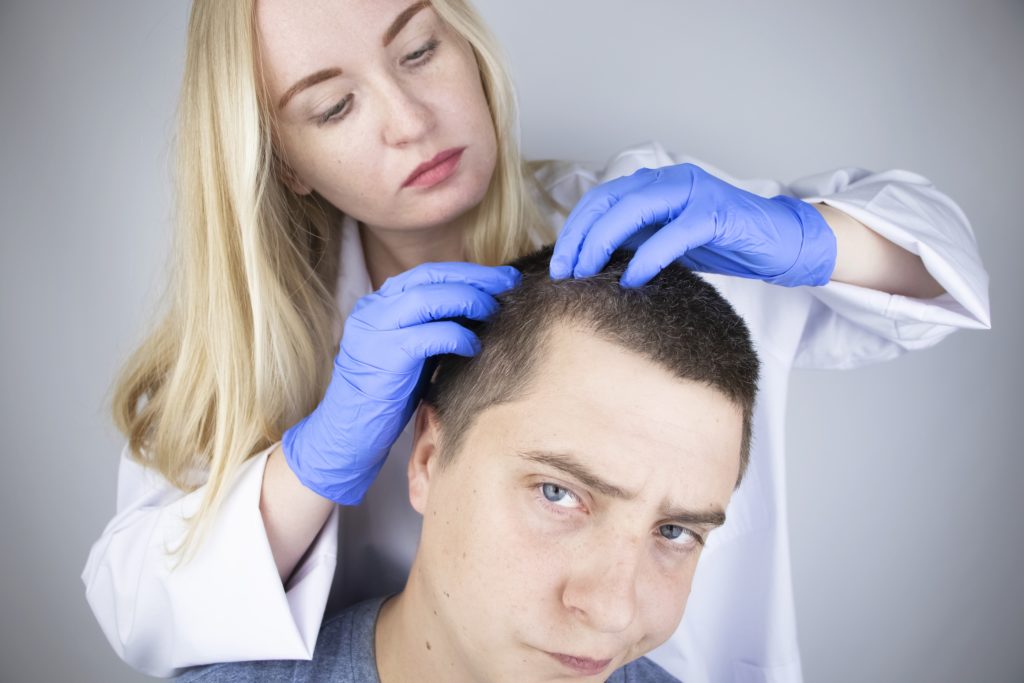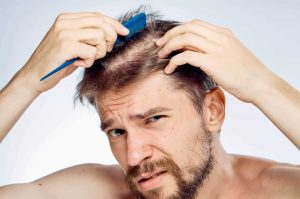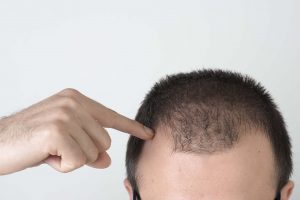
Hair loss: what tests will a trichologist ask for?
Why does hair fall out? What if care and vitamins don’t work? And what organs can be “guilty” of baldness?
When to sound the alarm
Hair loss is a natural and safe process. However, if the hair falls out in “clumps”, together with the bulb, or breaks off at the very scalp – a visit to the trichologist is no longer worth postponing.
The fact is that normally each individual hair grows for 2-7 years before entering the resting phase, which lasts only 3 months. Then the hair falls out and a new one grows from the bulb. And only about 10% of all hair on the head is in this stage.
The remaining 90% are growing well (or not). Therefore, it is not surprising that a bunch of hair in the hands after shampooing is not a variant of the norm.
Why do they fall out
Hair dryers, curling irons, improper care, hard water and the scorching sun can make hair dull, dry, split ends, but they are still unable to provoke hair loss.
Loss of the density of the “hair” begins with the scalp, or rather with the nutrition of the bulb. And here vitamins are not the only thing that matters.
1. Vessels
It is no secret that the capillaries have a very small lumen, and in case of vasospasm, they literally “collapse”, depriving the “target” cells of nutrition.
This situation is due to the influence of stress and its main hormone (cortisol). However, with a quick solution to the problem, blood flow returns to normal.
Another thing is when stress is chronic in nature or the level of cortisol is constantly increased due to certain diseases (adrenal glands, thyroid gland, and others). And then the nutrition of the bulb is drastically depleted and the hair falls out.
By the way, the same applies to damage to the vessels themselves, both in the form of an independent pathology (vasculitis) and complications of certain diseases (diabetes mellitus, gout).
Therefore, before visiting a trichologist, it is recommended to check the level of cortisol in the blood, as well as the level of sugar.
2. Liver
Liver function in relation to hair matters in the context of:

accumulation of vitamins (A, D, B12, B9) and trace elements (especially iron),
detoxification, with a decrease in the effectiveness of which nutrition and hair growth are disturbed,
protein synthesis as the main building and “repair” material,
metabolism of hormones that can both stimulate and inhibit hair growth.
Any disturbances in the work of this organ invariably affect the condition of the hair, nails and skin. Therefore, a basic liver examination + total protein and cholesterol is recommended in a comprehensive examination for hair loss.
3. Hormones
According to statistics, up to 28% of patients with hair loss have autoimmune thyroid pathologies. And to exclude them, a blood test is shown for free T4 and T3, TSH, antibodies to TPO and TG, which can be taken separately or in the complex “Examination of the thyroid gland. Screening”
For hair density, the level of sex hormones is also important, at least estradiol and progesterone, as well as prolactin.
4. Iron deficiency states
“Banal” anemia is so often the cause of diffuse baldness https://en.wikipedia.org/wiki/Hair_loss that a clinical blood test (assessment of the level of hemoglobin and erythrocytes) is included in the clinical guidelines for alopecia. And, for a more accurate assessment of iron deficiency, a blood test for iron and ferritin levels is shown.
Of course, there are many more reasons for baldness, but it is these factors that are statistically more common and are included in the Russian clinical guidelines for the diagnosis and treatment of alopecia.
Why does hair fall out? What if care and vitamins don’t work? And what organs can be “guilty” of baldness? When to sound the alarm Hair loss is a natural and safe process. However, if the hair falls out in “clumps”, together with the bulb, or breaks off at the very scalp – a visit…